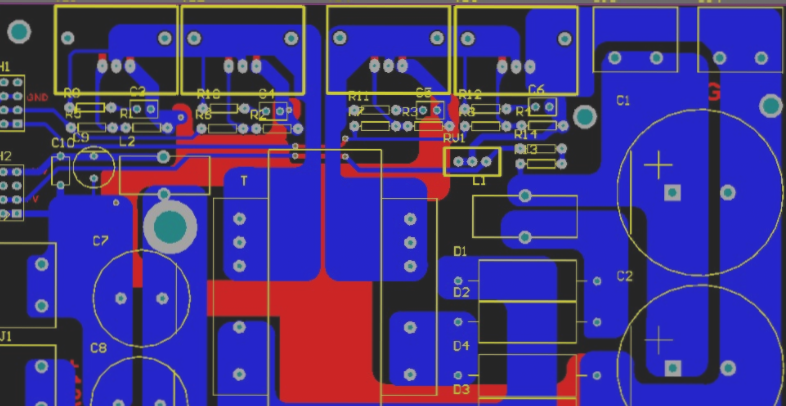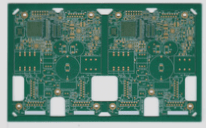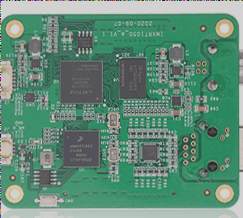What are the potential risks associated with 16 common PCB soldering defects?
The common PCB soldering defects, their appearance, hazards, and root causes, providing insights into issues such as improper solder joints, overheating, poor flux, and various mechanical or electrical failures in soldering processes.
What are the potential risks associated with 16 common PCB soldering defects? Read More »




